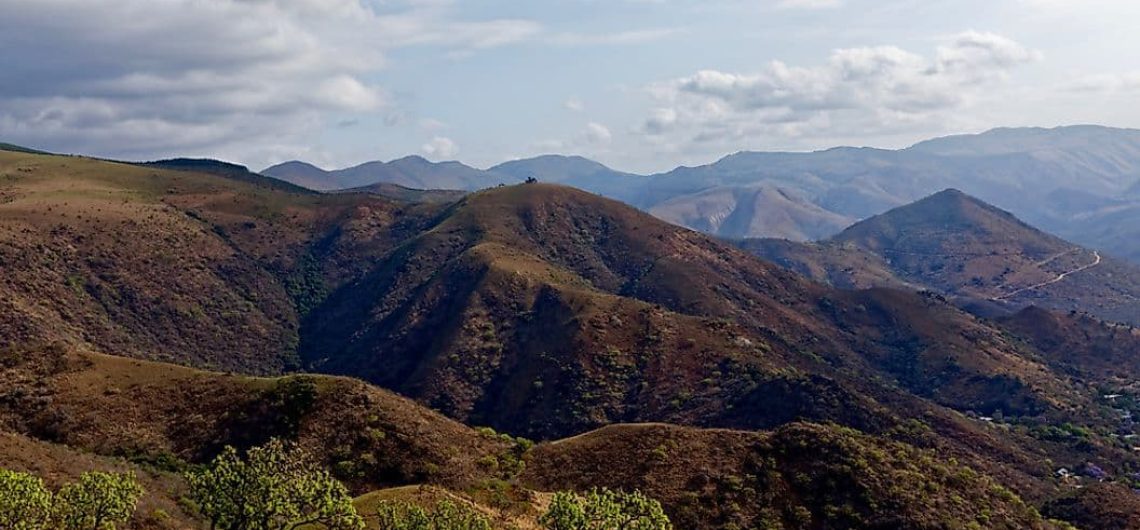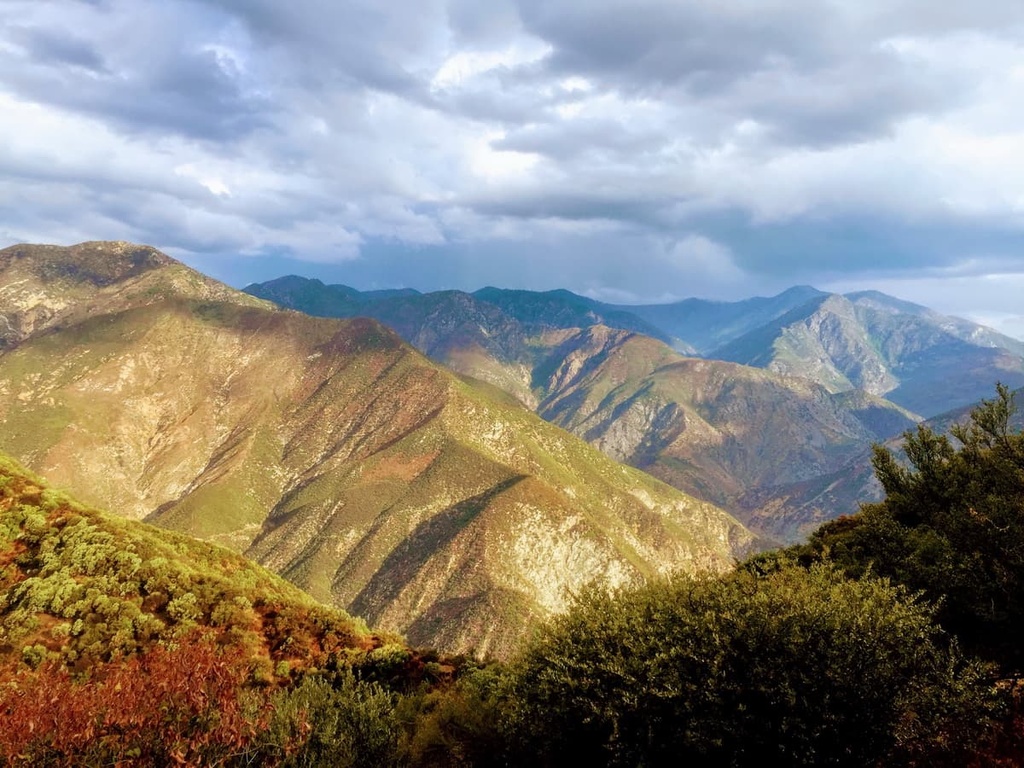The oldest mountains in the world have seen the rise and fall of eons, carrying the whispers of Earth’s ancient past.
Tucked away in the heart of the Appalachian Range, we have the venerable Blue Ridge Mountains. They’re often cited among the eldest ranges on our planet, with a geological lineage that stretches back more than a billion years. That’s a lot of birthdays.
But if you shift your gaze to South Africa, you’ll encounter the Barberton Greenstone Belt, with mountains that cuddle up to geological strata dating as far back as 3.5 billion years. Talk about being ancient!

However, the crown of antiquity probably goes to the majestic Pilbara Craton in Western Australia. The mountains there have rocks that are a staggering 3.6 billion years old. To put that into perspective, that’s nearly as old as the Earth’s solid crust itself!
Now, we need to remember that mountains are constantly evolving. The mountains we see today are not as tall or rugged as they were in their prime. Wind, water, and the incessant march of time wear them down, rounding their once jagged peaks into gentle slopes.

Here in Portland, OR, I might gaze upon the relatively youthful Cascades, but when I think of the old-timers of the mountain world, there’s a sense of mystery and awe that comes with imagining the Earth as it was in ages long past.
Mountains give us a profound sense of the scale of geological time, reminding us that, by comparison, humanity’s tenure on this planet has been but a fleeting moment. The oldest mountains have stood sentinel over the Earth, witnessing the relentless dance of the continents and the slow but inexorable drift of the tectonic plates that sculpt the very ground beneath our feet.
Whether you’re trekking through the Blue Ridge Mountains, marveling at South Africa’s ancient ranges, or gazing at the timeless peaks of Western Australia, these old mountains are silent storytellers of our world’s primordial history.